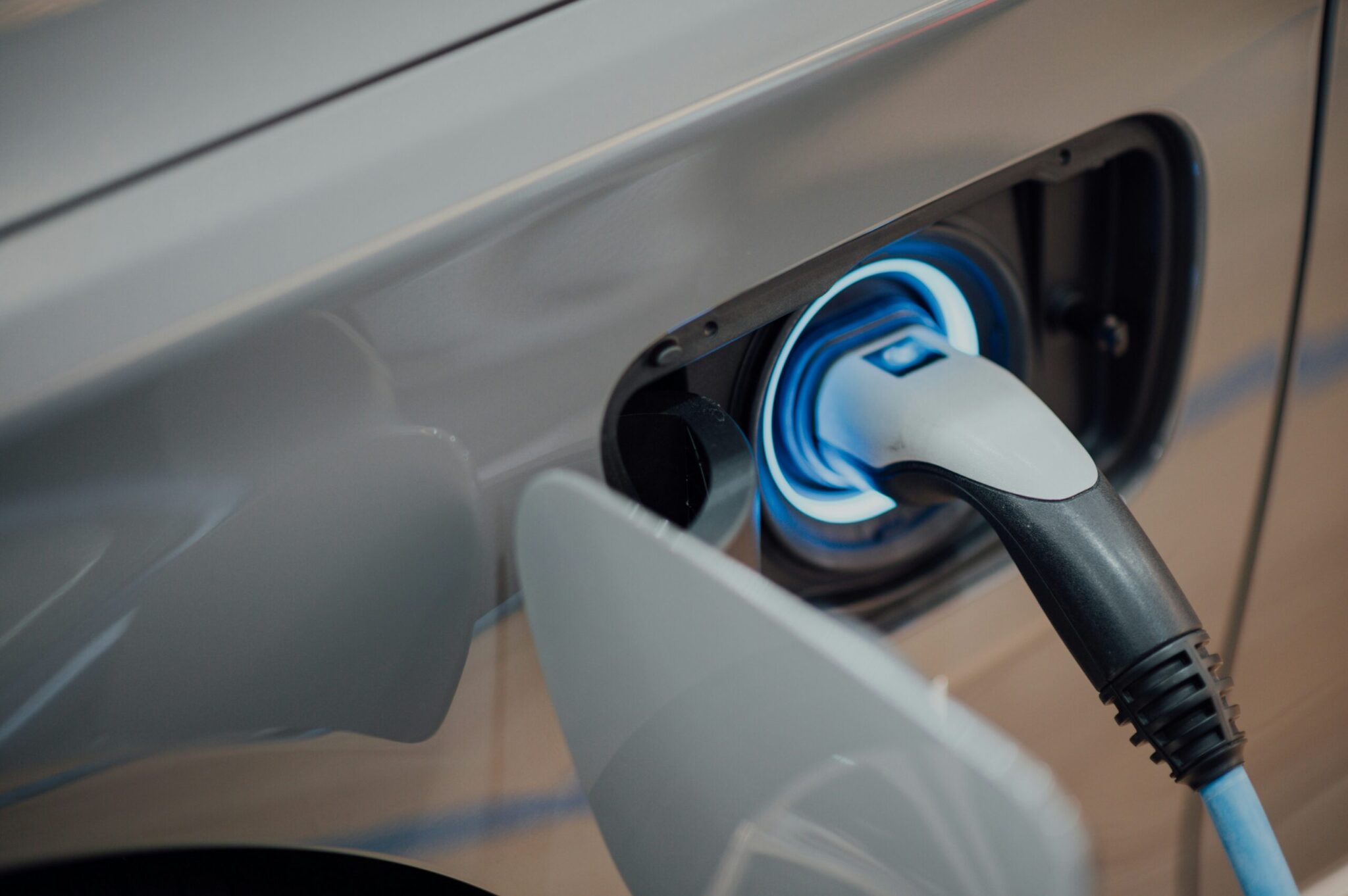

What are the benefits of electric vehicles? A guide from our technicians
The world is changing. Artificial intelligence is on the rise, climate change is more pressing than ever, and electric and hybrid vehicles are slowly replacing petrol and diesel alternatives.
But if you’re someone who’s taken a backseat in vehicle engineering developments, here’s our rundown on the benefits of an electric vehicle – and why one might be right for you.
What is an electric vehicle?
Electric vehicles replace fuel pumps, spark plugs and internal combustion engines with a lithium-ion traction battery that creates propulsion through powerful electric motors.
It’s the modern-day alternative to fossil-fuelled travel, ticking all the boxes for the government’s path to zero emission vehicles by 2035 (which will be here before you know it).
Benefits of electric vehicles
If you’re thinking about making the switch from petrol to something more planet friendly, here are some of the benefits that come with an electric vehicle.
Electric vehicles can be cheaper to run
Based on the GoElectric 35 tariff during off-peak hours, the average electric vehicle costs £1.30 to run every 100 miles. For a petrol or diesel vehicle to travel the same distance, you’re looking at an average of £17.16.
If that’s not enough to tickle your purse strings, electric vehicle owners also save on road tax, free parking in certain towns and cities, and the cleaner vehicle discount on the London Congestion Charge.
Electric vehicles are better for the planet
There are no two ways about it: electric vehicles not only save your pocket, but also save the planet from harmful gases expelled into the atmosphere.
By swapping diesel and petrol for a powerful lithium-ion battery, your daily commutes will help lower the 90 million tonnes of carbon dioxide produced by UK domestic transport every year.
Electric vehicles can save you time
The average road user spends four hours a year refuelling their vehicle. With electric vehicles, you have the convenience of recharging your battery at home with a designated charge point.
However, if you don’t have off-street parking, be mindful that you may have to wait at public charge points while the UK charging infrastructure slowly catches up.
On a full battery, the average electric car has a range of 250 to 300 miles, which continues to improve as the technology develops. You can also connect your vehicle to a smartphone app which lets you monitor your battery level, even when you’re not in the vehicle. Smart.
Electric vehicles reduce noise pollution
If peace and quiet is your thing, electric vehicles might be a welcome switch from noisy engine cylinders and vibrating exhaust systems.
In fact, electric vehicles are so quiet they’re now required by law to have an acoustic vehicle alert system (AVAS) to emit sound when reversing or travelling below 12mph.
Electric vehicles are cheaper to maintain
The typical internal combustion engine has over 200 parts which may need to be repaired or replaced during a vehicle’s lifetime. An electric vehicle takes that number down to around 20, which means you’re more likely to save on servicing and repair costs at your local garage.
If you already have an electric vehicle and need a repair or service, get in touch with our team today.
Electric vehicles are better to drive
What internal combustion engines offer in terms of revs, roar and burning rubber, electric vehicles make up for with responsive acceleration, regenerative braking and a low centre of gravity.
A single gear means an electric vehicle is easy to drive and also offers enough torque to persuade any petrolhead they’re a serious contender when it comes to speed.
In fact, Tesla’s Model S Plaid goes from 0-60 in an impressive 1.9 seconds, and the new Tesla Roadster is set to achieve the same distance in less than a second. Buckle up!
Get in touch
Ultimately, it’s for you to decide whether an electric vehicle is right for you. If you already have an electric vehicle (or a petrol or diesel), book in for a service today. We’d be glad to help.